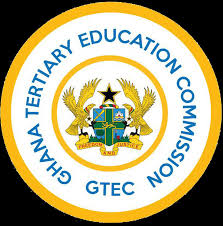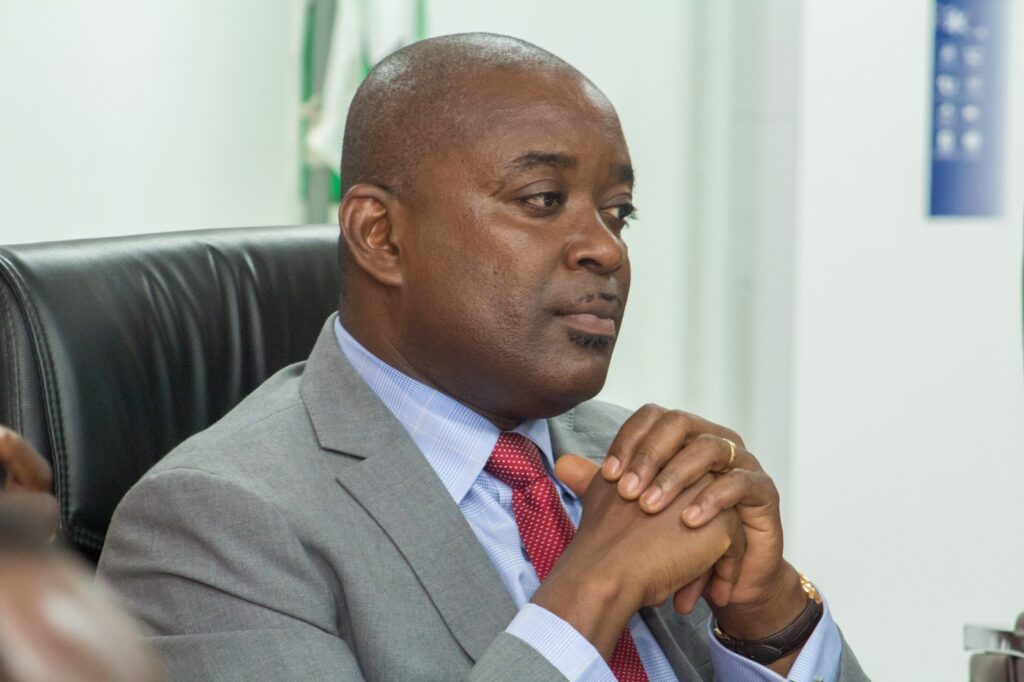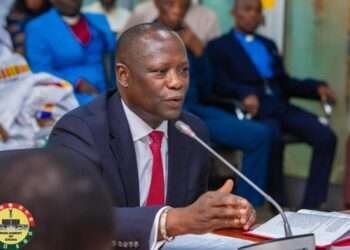The Minister of Education, Hon. Haruna Iddrisu, has directed the Ghana Tertiary Education Commission (GTEC) to put in place strict measures that will prevent duplication in the administration of trainee teacher allowances and the recently introduced “No Fees Stress” policy.
His directive came during the inauguration of the Governing Council of Colleges of Education in Accra, where he outlined the government’s concerns about sustainability and efficient resource management.
Hon. Iddrisu explained that with both policies operating simultaneously, there is a significant risk of overlapping benefits for the same group of students, which could place undue pressure on the national budget.
He noted that teacher trainees who qualify for allowances are often the same individuals eligible for support under the “No Fees Stress” scheme, thereby creating duplication that needs to be resolved.
“You are paying the teacher trainee allowance – so if they were first-year students who are going to tertiary institutions – you’re also paying their ‘No Fees Stress’. What do we do to avoid duplication of this? I’m tasking you to look into it (GTEC)”
Hon. Haruna Iddrisu, Minister of Education

According to the Minister, the government will require a recurring annual expenditure of between GHS 400 million and GHS 500 million to sustain the “No Fees Stress” policy alone. He stressed that while the government remains committed to human capital investment, unchecked duplication between policies could inflate costs and undermine other educational priorities.
The “No Fees Stress” policy was introduced to absorb fees for first-year tertiary students, providing relief for households while also expanding access to higher education. However, with teacher trainees already receiving allowances, the government is concerned about inefficiencies that could result in double payments to the same students.
The Minister further urged that part of Ghana’s petroleum revenue be channeled directly into supporting education financing. He proposed that two and a half per cent of petroleum revenue be dedicated to human capital development, describing it as a long-term investment in national productivity.
Hon. Iddrisu stressed that such a measure would provide sustainable funding for initiatives like “No Fees Stress” while reducing the strain on the national budget.

Scholarship and Disbursement Authority
In addition to petroleum revenue allocation, Hon. Iddrisu proposed the establishment of a Scholarship and Disbursement Authority. He explained that such an institution would streamline the financing of educational initiatives, reduce bureaucratic bottlenecks, and provide transparency in the allocation of scholarships and allowances.
“We must ease the burden on the government and ensure sustainable financing of initiatives such as the ‘No Fees Stress’ policy,” the Minister said, adding that institutional restructuring would allow Ghana to avoid the pitfalls of implementing such schemes.
The proposed Authority would consolidate existing funding initiatives, ensuring that disbursements are managed under one transparent framework. This, he argued, would not only prevent duplication but also ensure fairness across different sectors of the tertiary education system.
The concerns raised by the Education Minister reflect wider debates about equity and sustainability in Ghana’s education financing. While both policies – the trainee allowance and “No Fees Stress” – are designed to promote access and reduce barriers for students, their overlap presents a challenge for effective budgeting.

Hon. Iddrisu stressed that the government’s goal is not to reduce support but to create a system where every cedi spent yields maximum value for national development.
He urged GTEC and the Governing Council of Colleges of Education to provide concrete recommendations that will ensure the policies complement each other rather than compete for resources.
As the government works to expand access to higher education under President John Dramani Mahama, these directives highlight the importance of strategic planning and fiscal discipline in sustaining flagship educational policies.
READ MORE: Turnover on GSE Soars by 199% as Trading Volume Jumps 192%




















